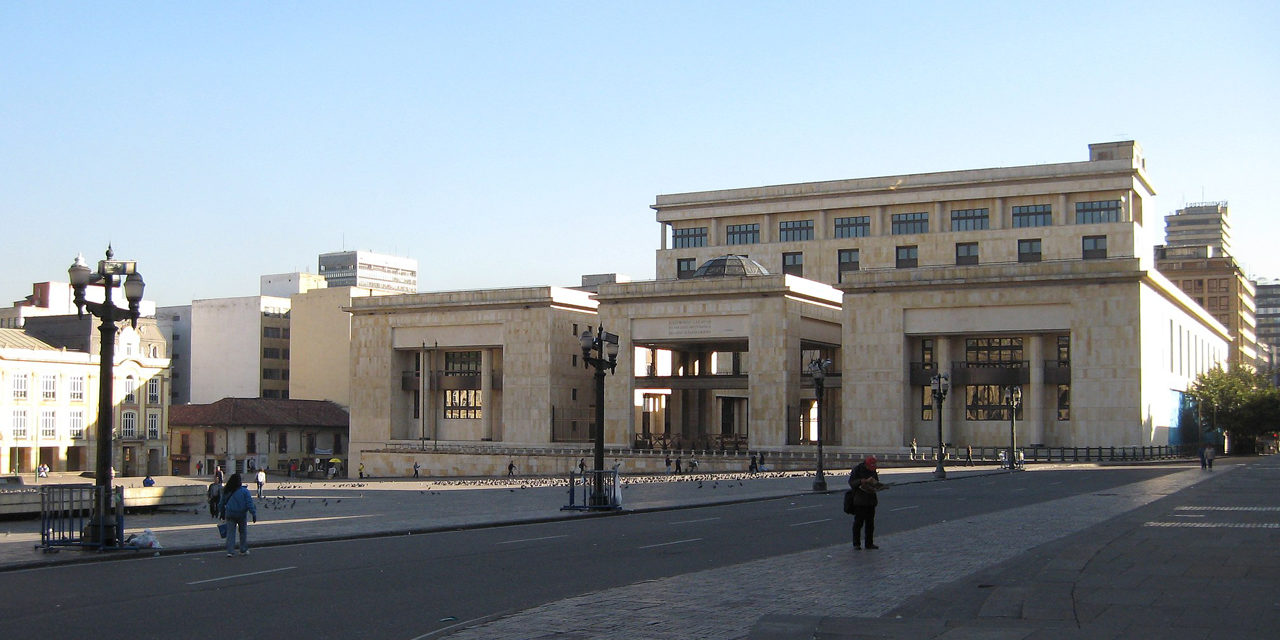While there will be much attention paid to the Louisiana abortion case that was argued earlier today at the U.S. Supreme Court, there are other pro-life laws being debated across the world. Colombia’s constitutional court recently made a decision about the future of abortion, and Portugal is considering legalizing euthanasia and assisted suicide. Though the fight for life remains a critical part of the national debate, the fight for the pro-life cause also extends beyond our border as well.
In Colombia, the country’s constitutional court decided to hear a case that would have legalized abortion through the 16th week of pregnancy. The current law states that abortion is only legal in three instances: “a pregnancy resulting from rape, a risk to the mother’s life or a malformed fetus.” Thankfully, the court decided to keep its current abortion restrictions in place.
There has always been a strong pro-life sentiment in countries throughout South America. At this point, abortion is banned in Honduras, Nicaragua, Suriname, the Dominican Republic, El Salvador and Haiti, but is currently legal in Cuba, Uruguay, Guyana and in some parts of Mexico.
These strong pro-life laws remain in place despite the efforts of the Organization of American States (OAS), a continental organization of countries from North and South America aimed at keeping the peace and spreading solidarity between the two continents but has been increasingly pushing a pro-abortion agenda. In 2014, the pro-abortion Center for Reproductive Rights published a press release saying that a committee within the OAS is “recommending that all governments decriminalize abortion in cases of rape and incest, when the woman’s health or life is at risk and in cases of fetal impairments.”
Last year, the OAS even lost funding from the United States due to its continued lobbying for abortion rights within member states. Invoking the Siljander Amendment, which prohibits foreign aid from going to organizations that lobby for or against abortion, nine U.S. Senators encouraged Secretary of State Mike Pompeo to halt any U.S. aid to the OAS until it agreed to stop lobbying for abortions. There are also calls for Secretary Pompeo to remove his endorsement of Luis Almagro for the position of OAS Secretary General since he continues to support abortion on demand throughout the Latin American region.
Though this battle was won in Colombia, Argentina is now looking to introduce a bill that would legalize abortion. This decision is, in part, a response to the case of an 11-year-old rape victim who requested an abortion and was denied. She later gave birth via c-section.
In Portugal, the legislature recently decided to legalize euthanasia, though it is still waiting for a signature from the president. If signed into law, Portugal would become the sixth country in the world, behind the Netherlands, Belgium, Colombia, Luxembourg and Canada, to adopt this macabre practice. There are other countries where assisted suicide is legal, like Switzerland, German, the Netherlands, the Australian state of Victoria and several states in the United States.
A country with a strong Catholic heritage, Portugal experienced fierce protests against passing the legislation. Though the conservative president still has the opportunity to veto the legislation, which is a strong possibility, it is still somewhat surprising that something like euthanasia was approved by the legislature. However, the government is currently led by the Socialist party. Spain, which has significant historical and cultural ties to Portugal, is also considering a similar bill while under the leadership of a Socialist government.
Though it often feels like the United States is at the center of the fight for life, other countries and people across the world are trying to protect precious preborn babies from abortion and vulnerable men and women from euthanasia. Some have been successful, like in Colombia, but others are losing out as pro-death politicians push euthanasia and assisted suicide onto its citizens.






